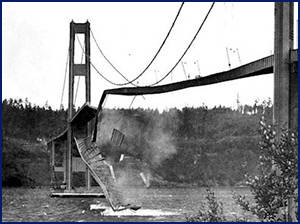He is talking about Commonplace books:
In its most customary form, “commonplacing,” as it was called, involved transcribing interesting or inspirational passages from one’s reading, assembling a personalized encyclopedia of quotations. It was a kind of solitary version of the original web logs: an archive of interesting tidbits that one encountered during one’s textual browsing.He then goes on to talk about the web, with all of its inherent "linkiness" (my term) as a related concept, and one that allows the text to become productive through all of its connections to other texts, other meanings, other purposes, other agendas.
And, as usual, it made me think about the students in my classroom, and how I work to expose them to lots of different things, to try to accomplish the same thing.
The reason the web works as wonderfully as it does is because the medium leads us, sometimes against our will, into common places, not glass boxes. It’s our job—as journalists, as educators, as publishers, as software developers, and maybe most importantly, as readers—to keep those connections alive.

